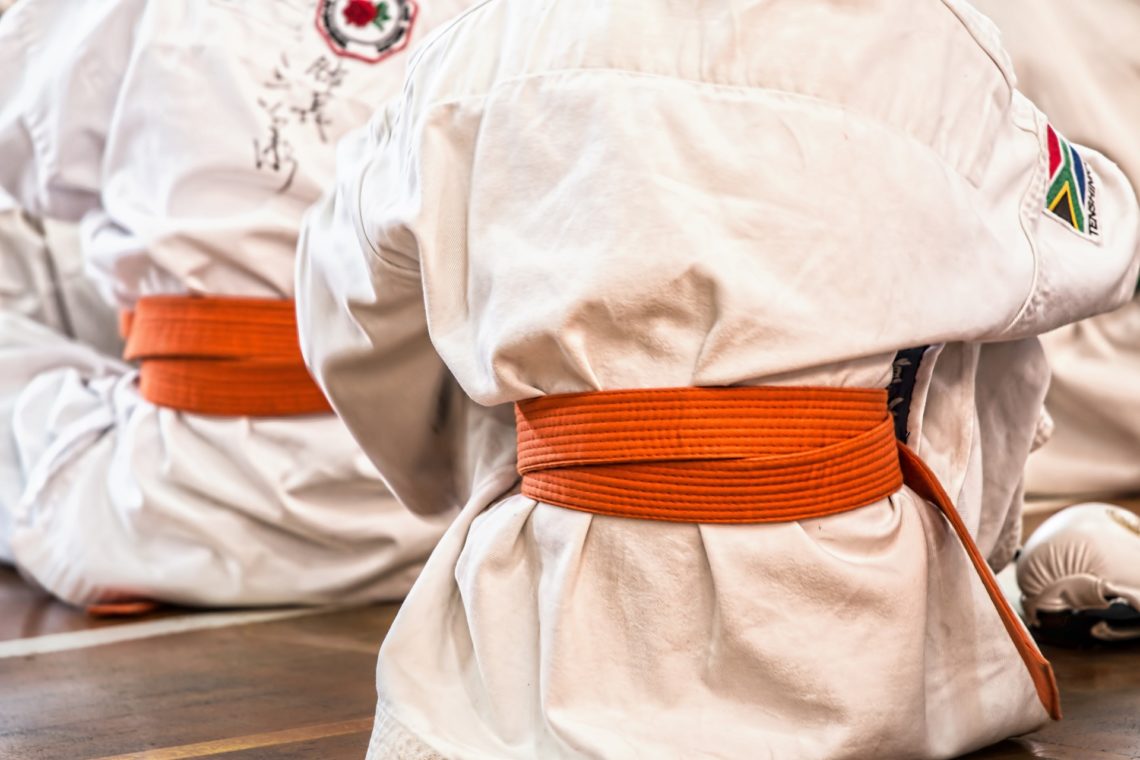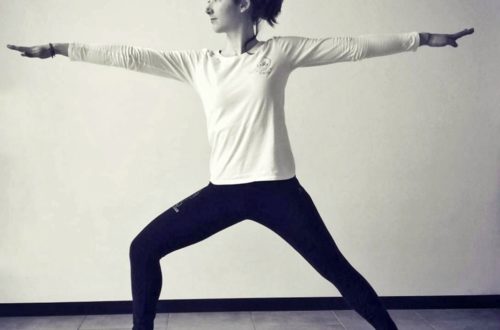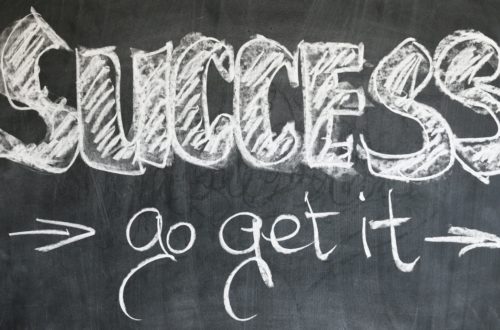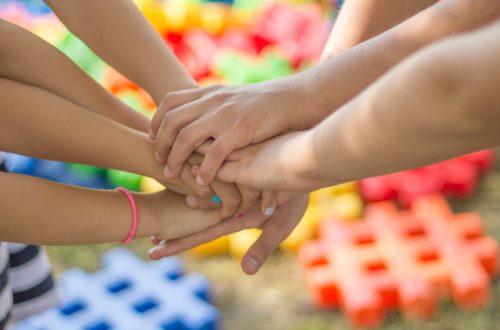
Psychological benefits of karate
Today I want to talk to you about the art of Karate, a discipline born in Okinawa, Japan, since the philosophy behind this discipline reflects many principles of Psychology and its practice can be a great help for children and adults.
Karate means empty hand, since you do not use tools except your own body, but it also means empty mind, so focus on the present situation by suspending our thoughts. This concept seems to be similar to what we call Mindfulness today.
The balance between body and mind
A fundamental principle also concerns the idea that flexible thinking and strategy wins over rigid thinking. The goal of Karate is to achieve an harmonious balance between body and mind.
The main purpose, differently from what you may think, is to learn to know yourself, to be able to train self-control and to react by adapting to the situation.
As the ancient masters said, Karate is the way to improve character and strengthen the spirit. The founding principles of Karate are also respect and kindness. All this is very educational for children who approach this discipline.
Educational value of Karate
The exercises teach the child how to make the most of his body’s potential and allow him to gain self-confidence thanks to continuous learning. Karate takes advantage of the so-called Open skills, which concern the ability to react quickly and flexibly to the situation.
A child needs to explore and do activities that help to perceive the various parts of his body. Through movement in various directions, he can begin to perceive the elements of the space around him and learn to orient himself.
The execution of kata, coded exercises in the form of Traditional Karate, which develop specularly in the various directions by symmetrically engaging the whole body, constitute for the child a fun way of knowledge as well as a correct and balanced physical exercise.
The awareness of one’s own resources, the acceptance of one’s limits, the ability to get involved in facing difficulties, are important objectives.
The dojo becomes the place where we learn that facing others means first of all respecting them, understanding them, accepting them. It is not attacking the other or giving vent to aggression, quite the opposite: a child learns to control himself and to express himself adequately, to face small difficulties, to know himself in order to then know others, to win shyness or to curb one’s exuberance.
Karate and Psychology
There are therefore similarities between psychological therapy and some principles of martial practice (for example the concept of “mushin“, that is, a state in which the mind is not particularly fixed on something, but remains open to all things and reflects as a mirror would do).
Gleser and Brown point out that the concept of “ju” (soft), that is, giving in and use the opponent’s strength against the opponent himself, is a concept that has been unconsciously applied in dynamic therapy.
According to Seitz, martial arts have a lot to offer for psychological therapy, particularly in terms of energy (chi or ki). Effective energy management is an important dimension. Added to this are the concepts of distance and time.
The practice promotes body-mind integration, relaxation, attention, communication. The practice of karate brings a decrease in anger and a feeling of vulnerability to attack. The practice also promotes a sense of security, self-esteem self-control. Furthermore, the movements are closely related to our conformation and personality.
It is recommended to start the practice no earlier than 5 years of age, when the child learns the function of the various parts of the body and develops the coordinating skills, begins to perceive left and right and acquires balance and directionality. In this phase karate is taught with a playful approach.
So in conclusion we can say that Karate promotes self-esteem and develops cognitive skills such as memory, attention, flexibility in thinking. It also develops motor skills such as strength, speed, coordination, proprioception and helps control aggressive reactions (Karate is defense, not attack). Develop respect for yourself and others.



